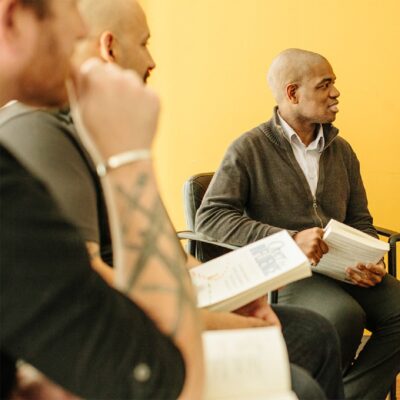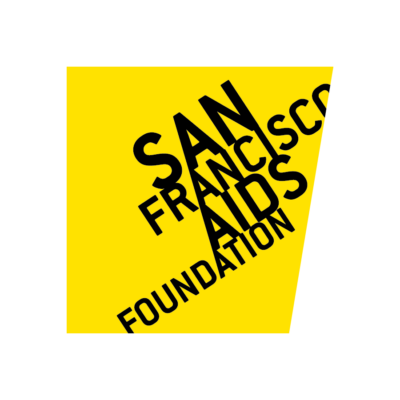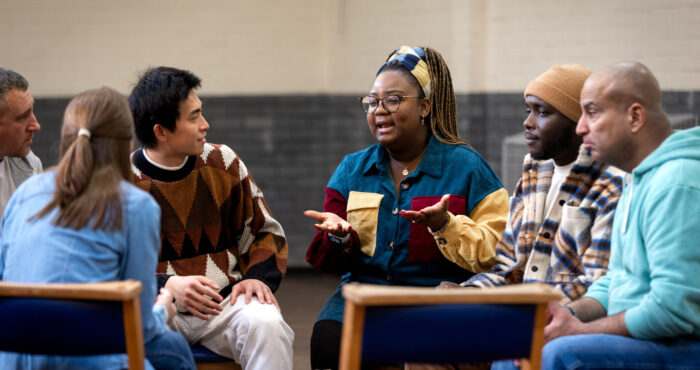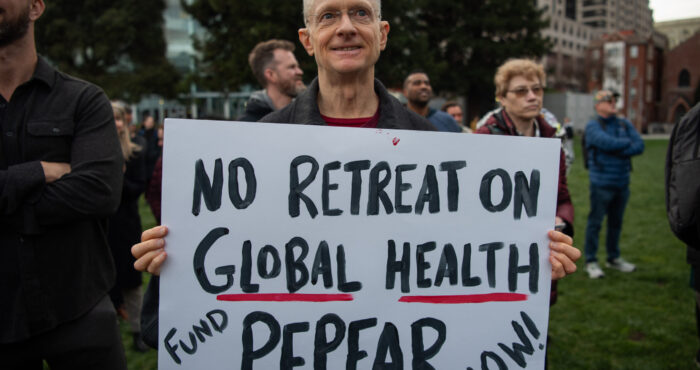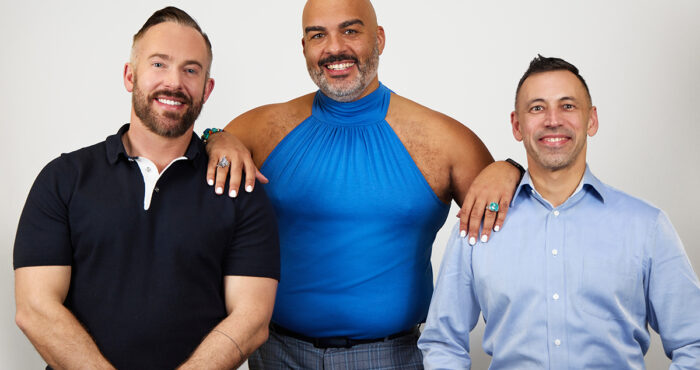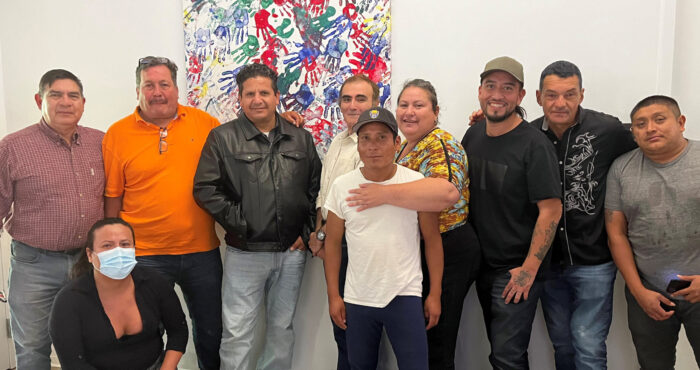Connecting our Spanish-speaking residents to care

With rising numbers of HIV cases among Latine communities in San Francisco, the case for targeted and culturally-appropriate health and HIV outreach to Latine communities is stronger than ever. Yet distrust of the medical system, fear of immigration officials, language barriers, and other systemic issues challenge the access that vulnerable communities have to free HIV testing, prevention, and care.
“Many Latino people I meet don’t know what services are available to them,” said Jose Samoyoa. That’s true for people who have recently immigrated, but also for people who have been here awhile. And for others, they may be afraid to go to the doctor because they think ‘the minute my name goes in the computer, it will go to ICE.’”
The Programa Latino team at SFAF is bringing an innovative approach to engaging Spanish-speaking communities–meeting people where they are with the compassionate services SFAF is known for.
By building up a team of peer health educators (Promotor de Salud), the team brings information and services directly to shelters, SROs, and other places where people may need assistance.
“Our Intern Peer Health Educators bring people in by offering everything,” said Jorge Zepeda, LCSW, MPH, director of Latine Health at SFAF. “We train them to be able to start conversations about HIV and sexual health, and we offer linkage to PrEP and HIV care, and provide resources like condoms and lube. But it goes far beyond that–we provide information about immigration attorneys, for example. Or how to see a dentist. They develop rapport, listen to stories, and help community members seek services.”
Samayoa is a Promotor de Salud with SFAF. He began outreach just prior to the Covid pandemic, and said he enjoys connecting with people out on the street to find out their needs and make connections to services and resources.
A Spanish-speaker with parents from El Salvador, Samayoa uses his El Salvadorian heritage to connect with other Central Americans.
“There are a lot of El Salvadorians here in the Bay Area,” he said. “The minute they hear my parents are from El Salvador, that starts the conversation.”
Samayoa said it’s gratifying to connect people to the services they need. In colder months, the team distributes rain gear, beanies, socks–basic supplies that help make life a little more comfortable for folks living on the streets.
“I’ve learned so much,” said Samayoa. “Just being out here on the street, and hearing directly from people about the need that’s out there. Around housing, dental services, and medical care. And it’s been great getting people connected to PROP–they have counselors that speak Spanish.” [PROP is a substance use contingency management group at SFAF.]
The cohort for Peer Health Educators lasts for six months, and some participants like Samayoa choose to stay engaged for longer. During that time, which includes comprehensive training, educators work in shifts to do street- and shelter-based outreach. As part of a newly established program this year, team members provide services and information at The Gubbio Project shelter and a new “tiny cabin” shelter in the Mission.
“This is about hospitality, and also about how to be an advocate,” said Zepeda. “Peer Health Educators want to play an active role, and to help the communities they are part of.”




